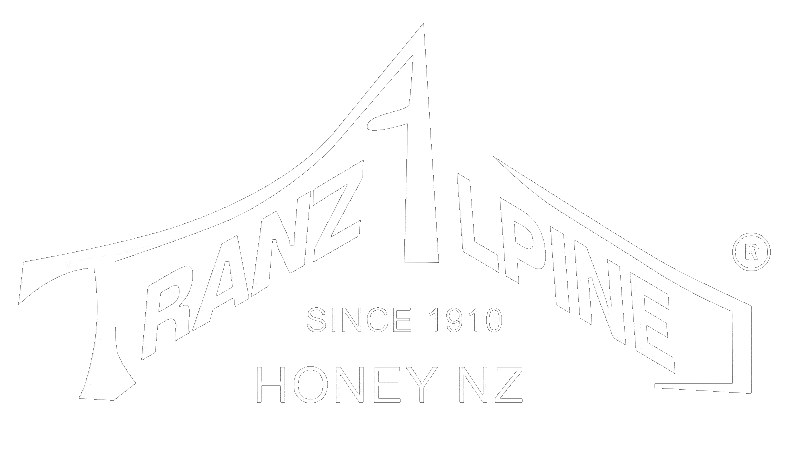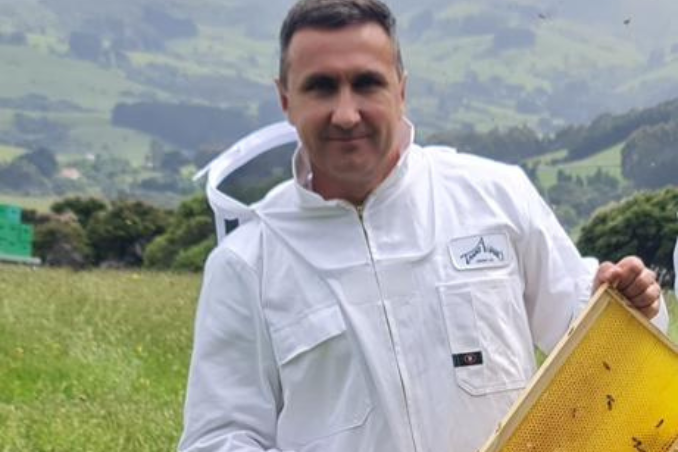
How Organic Beekeeping is part of the Food Security Solution
Organic farming includes everything from agriculture to apiculture.
The stringent criteria for the certified practice of organic farming in New Zealand not only supports climate change mitigation and food sovereignty – the right to independently produce healthy and culturally appropriate food that doesn’t come at the expense of the environment – but also underpins future food security.
Commercial apiculture, even small operations, has a direct impact on climate change and biodiversity conservation by not taking critical steps to preserve declining natural habitats or conserve bee populations.
Additionally, residues from nearby agricultural spraying and urban pollution find their way into commercially produced honey. Certified organic honey has no traces of sprays or synthetic chemicals.
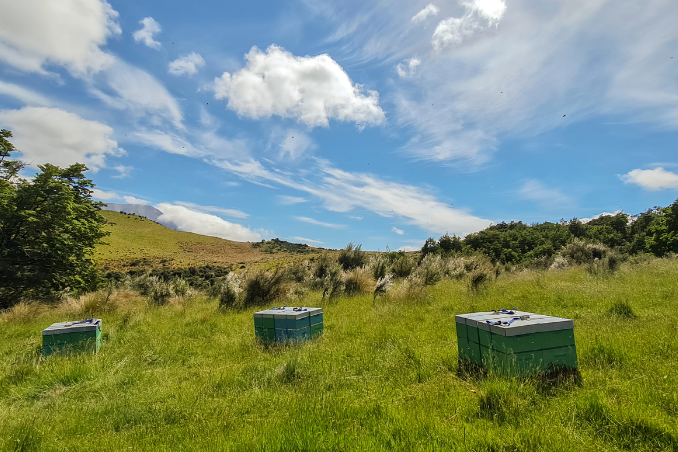
Organic Honey Traceability
As part of the TranzAlpine Honey organic quality control and traceability system, we test each batch of honey independently and record this as part of our production process.
Honey is tested for 200+ micro residues, including an extensive range of harmful agricultural chemicals. This vigorous testing process is only a part of organic requirements and is unique to our products.
Organic apiculture is a significant aspect of successful regenerative agriculture. The practice limits the destruction of the bee’s natural habitat, can improve soil quality and create an entire biodiversity ecosystem that will bring back our bees from the brink of extinction.
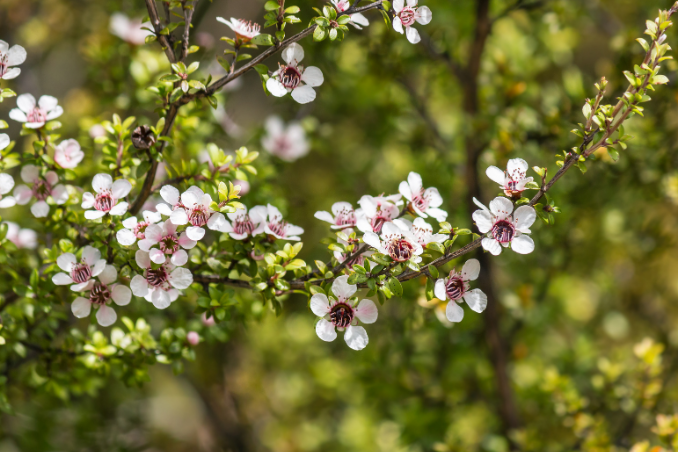
Where do you find organic beehives?
Our beehives are tucked far away from city pollution and agricultural spraying in the remote wilderness of the South Island, where it’s abundant with native flora.
The location – a minimum of 3km away from urban suburbs or farming activities – ensures that we meet the rigorous organic certification requirements, but also makes sure our bees have more than enough flowers to forage from all year round.
Each location is carefully considered, taking into account the biodiversity footprint.
The locations are so remote that they can only be accessed by skilled 4×4 navigators, our beekeepers are highly trained to navigate the terrain and sudden weather changes during harvest season.
As part of our commitment to the ongoing conservation of natural resources, TranzAlpine Honey has agreements and partnerships with landowners on privately owned land that support our crusade to preserve natural bee habitats and maintain pollinator diversity.
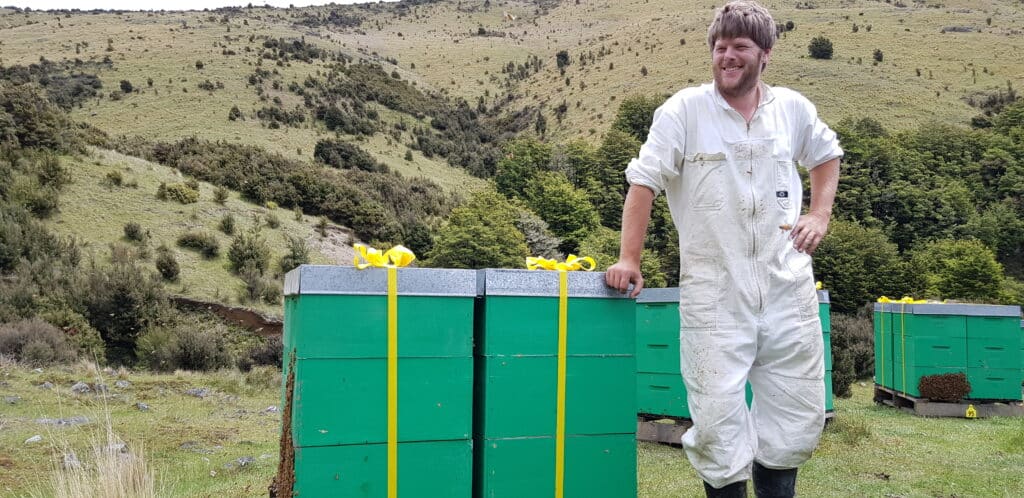
Bees are on the front lines in the battle against climate change
Honeybees are responsible for over 75% of all global pollination and, by default, global food security.
Pesticides, herbicides, and agricultural spraying are non-selective – they wipe out millions of critically beneficial insects, including bees. Over 40% of insect species are rapidly declining and 58 species are already extinct.
As beekeepers, we have a responsibility to safeguard our ecosystems so that our natural pollinators can thrive.
Diversity drives resilience and healthy ecosystems with greater biodiversity are stronger and more adaptable, with the ability to recover faster from adverse climate change events.
Certified organic farming practices have the power to decrease the adverse effects of global warming and have more synergy with the environment.
Sustainable Organic Integrity
The production of certified organic honey is about absolute sustainable integrity – from the placement of the hives, right until production, packing and shipping. These criteria form the basis of our values and underpin the fundamentals of biodiversity, food security and climate change mitigation.
TranzAlpine Honey is constantly innovating and measuring our processes to find better ways to reduce our impact so that we can produce healthy food without compromising future generations’ ability to do the same.
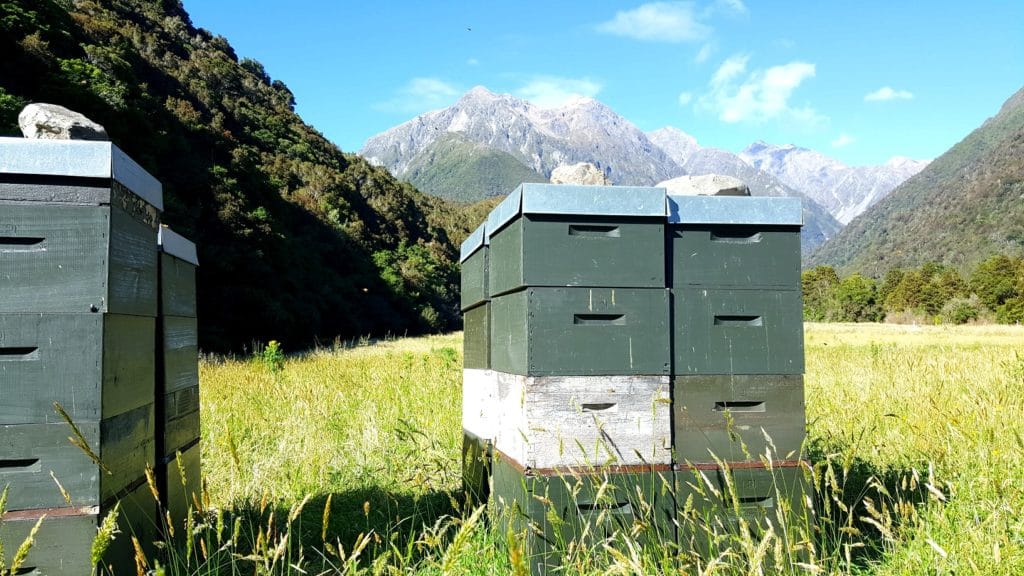
How you can help
Feed the bees. All bees need food, so the more bee-friendly flowers and trees you can plant in your garden, on your balcony or windowsill, the better. Let your vegetables go to seed at the end of their season and let those vegetable flowers bloom.
Don’t use pesticides. Pesticides and herbicides are non-selective. This means they kill everything, including the beneficial insects, not just the weeds. Weed killer on lawns is a hazard to our native New Zealand bees who don’t build hives but live in tunnels underground.
Buy certified organic honey from reputable, registered organic beekeepers who have to meet the strictest environmental criteria that protect and nurture our honey bees.
Support your local organic artisans and producers where possible – organic farming practices are the way of the future and will help us protect our precious natural resources.
You might also like
What Grade of Mānuka Honey is Best?
Posted in Biodiversity, Organic
Share:
